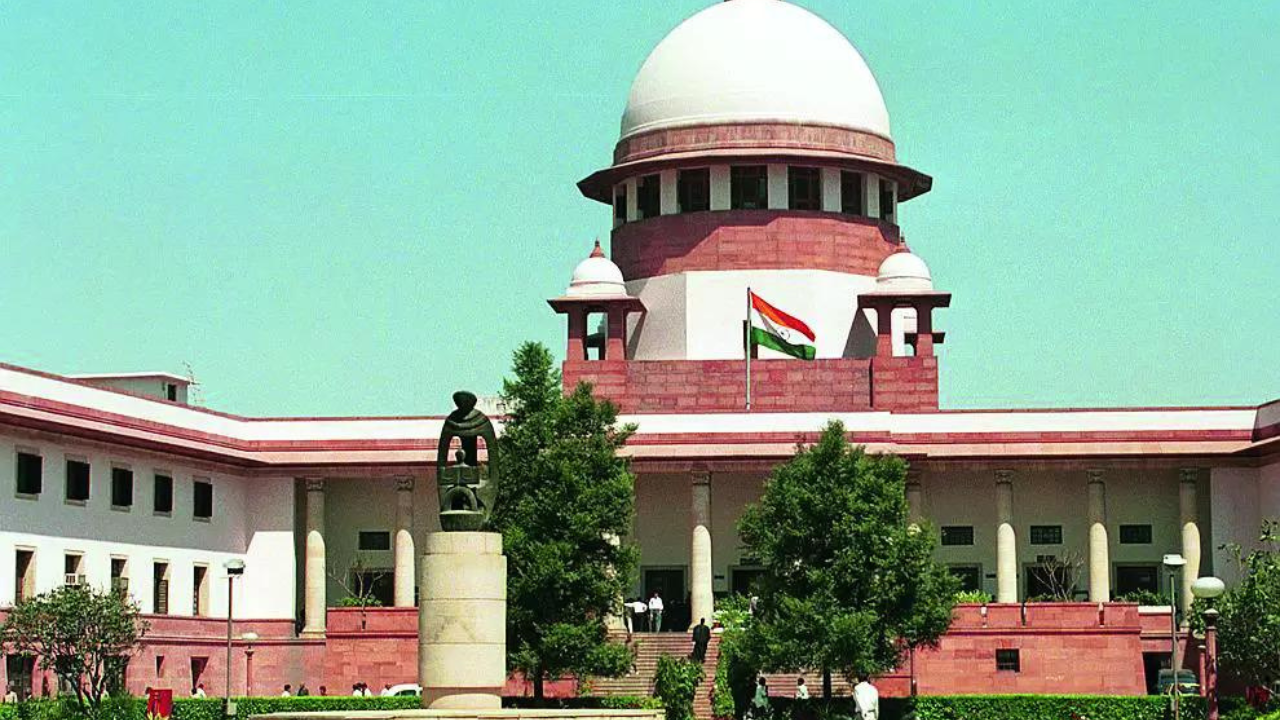8:1 majority: SC upholds power of states to levy tax on mineral bearing lands

NEW DELHI: The Supreme Court on Thursday ruled that states have the constitutional authority to impose taxes on mines and mineral-bearing lands.
A nine-judge Supreme Court bench led by Chief Justice DY Chandrachud by an 8-1 majority held that royalty payable on minerals does not constitute a tax.
Chief Justice D Y Chandrachud stated that Parliament does not hold the power to tax mineral rights under Entry 50 of List II of the Constitution.
Entry 50 of List II of the Constitution pertains to taxes on mineral rights subject to any limitations imposed by Parliament by law relating to mineral development.
The Chief Justice also noted that the court’s 1989 seven-judge Constitution bench ruling, which had deemed royalty as a tax, was incorrect. The bench delivered two separate verdicts, with Justice B V Nagarathna dissenting.
The bench addressed the highly contentious question of whether royalty payable on minerals is a tax under the Mines and Minerals (Development and Regulation) Act, 1957, and if the Centre alone has the authority to impose such levies, or if states also have the power to impose taxes on mineral-bearing land within their territories.
The issue arose following conflicting decisions by different high courts on a batch of 86 appeals filed by mining companies, PSUs, and state governments. The matter was referred to a larger nine-judge bench due to inconsistencies between a 1989 seven-judge bench verdict in India Cements Limited v.
State of Tamil Nadu, which held that royalty was a tax, and a 2004 five-judge bench ruling in State of West Bengal v. Kesoram Industries Limited, which stated that there was a typographical error in the 1989 verdict and that royalty was not a tax.
